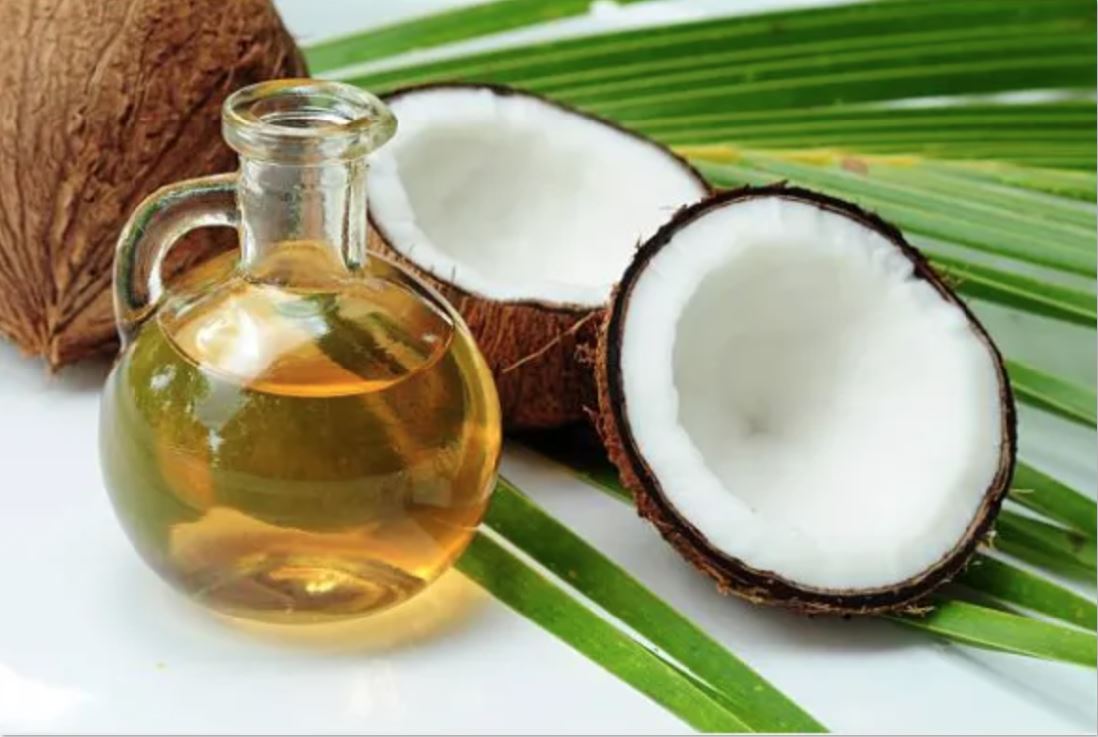
Virgin coconut oil (VCO) as adjunctive therapy for COVID-19 has been given a budget of about PHP8.4M budget by the Department of Science and Technology (DOST).
The DOST is investing to explore the possible use of VCO as adjunctive therapy to assist the primary treatment provided for hospitalized COVID-19 patients.
In one project amounting to PHP4.8M, 74 eligible patients from the Philippine General Hospital (PGH) will participate in a study that will monitor the safety of VCO.
The patients will be randomly assigned either to a standard care or treatment group. The treatment group will receive 15mL or about one tablespoon of VCO every meal, three times a day on top of standard regular care for two weeks.
During this period, their lipid profile, fasting blood sugar, creatinine, and efficacy of VCO through recovery from symptoms and virus clearance of the patients will be closely monitored.
This project is under the supervision of Dr. Marissa M. Alejandria of the University of the Philippines Manila.
Results from this study will prove the efficacy of VCO in helping improve the overall health status and recovery of a COVID-19 patient.
In another study with DOST’s own Food and Nutrition Research Institute (FNRI), VCO is given to suspect and probable cases of COVID-19 who are quarantined in a center or hospital so the cases will not be severe. Led by FNRI Director Dr. Imelda Angeles-Agdeppa, this PHP3.6M project aims to evaluate VCO’s beneficial effects in terms of CRP level, all hematology tests (CBC differential count), pulmonary function, viral load or CD4+, lipid profile, diminishing/resolution of signs and symptoms, and the number of days in the center.
The VCO used in the DOST-FNRI’s study was analyzed by the Laboratory Services Division of the Philippine Coconut Authority.
The 2020 clinical trials conducted by DOST have yielded results showing meals with VCO effectively reduced COVID-19 symptoms.
DOST funding on VCO studies was released through its Philippine Council for Health Research and Development.
So, what’s in the VCO that makes it a candidate as adjunctive e therapy for COVID-19? Derived from the kernel or white meat of the coconut fruit, VCO contains lauric acid and monolaurin. Past studies suggest that these chemical compounds can stop the replication of the COVID-19 virus and the binding of the proteins of the virus to the cell membrane of the host.
These chemical properties of VCO are now being used against COVID-19 through adjunctive therapy.
In a separate development, Dr. Fabian M. Dayrit of the Ateneo de Manila University has strongly advocated the use of VCO in treating COVID-19. Dr. Dayrit is also an academician of the DOST-National Academy of Science and Technology, the highest collegial body of highly recognized scientists in the Philippines, and president of the Integrated Chemists of the Philippines, a professional organization that help regulate the professional practice of chemistry in the country. Dr. Dayrit is also involved in the DOST-FNRI study.
If proven as an effective adjunctive therapy, VCO can boost the coconut industry in the Philippines. Then, if the VCO will indeed be successful in addressing COVID-19, the market for VCO will increase because it will also become affordable and easily accessible to consumers.
The VCO as adjunctive therapy for COVID-19 is just one of the technologies to be presented during the Big 21 in 2021 Launch scheduled on 7 September 2021 at 10:00AM to be broadcast via the DOST Philippines Facebook page.
Good News Pilipinas is celebrating its 15th Anniversary in 2021 by giving away prizes! Subscribe to our Good News Pilipinas! TV YouTube channel and enter the raffle by sending us an email to editor@goodnewspilipinas.com
The post UP PGH, DOST study virgin coconut oil as adjunctive therapy for COVID-19 appeared first on Good News Pilipinas.
Source: Good News Pilipinas
0 Comments